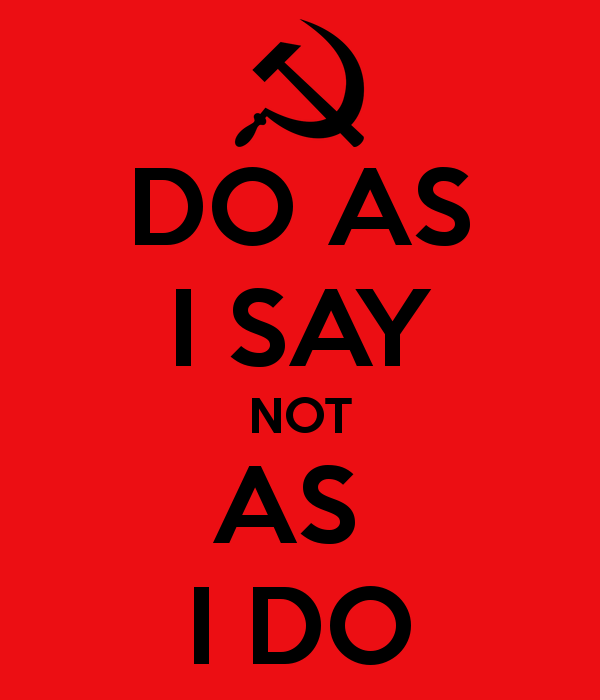
Socialist Voice Review:
March – 2024
The March edition of Socialist Voice contains quite a range of interesting articles and analyses. Unfortunately, there are also a few clangers.
Nicola Lawlor raises the question: “Is it time for a new Popular Front and how would it be different?” (HERE)
A much more pertinent question is: why would other movements, especially movements that are more successful and better organised consider such a proposal coming from the CPI? An outfit that is crippled by internal contradictions, that operates under irregular (to say the least) internal mechanisms, that displays such a disdain for any form of internal democracy, that shows hostility to basic principles of human rights and human interactions and that regards itself as being exceptional? Why would any other movement expose itself to such a potential for organisational, structural and political ineptitude?
The fact is that if such a development was to take place, the CPI would have a hard time even qualifying to be a part of it.
Indeed, this latest foray into the outside world shows once again that the CPI is attempting to do on a grand scale something it cannot do and has refused to do within the Party itself – organise, develop plans and strategies and bring about a unity of purpose.

If our readers consider that our analysis stems from a form of vitriol, then we invite you to look at the CPI with a new approach. This is not a game: the CPI is, and has to be, just as open to criticism or approval or analysis as any other entity. It does not hold some sacred place within the great scheme of Irish political and progressive movements free from criticism that it may have enjoyed in the past but which it still thinks it is entitled to today.
While it may consider itself immune to the impurities of ALL other movements – as the self-declared “most politically advanced members of the working class…”– the fact is that virtually all other movements couldn’t give a curse about the CPI generally and about its exceptionalism in particular.
Sadly, that is not a reflection on the other movements – it is simply an objective fact.
While the proposition this time is presented in the form of a question as distinct from the usual “we must” and “they need to” etc, it is no better than before. The proposition assumes that the CPI has the capacity, the leadership, the principles, the policies and the organisation to possibly pursue such a goal. It doesn’t.
Don’t take our word for it. In December, 2021 Socialist Voice published an article by Eoin O’Neill on the same subject. “A Unity Programme” (HERE) was put forward as a blueprint for developing a unity of left and progressive forces in Ireland. This particular approach was described as a “ground up” development: “Finally, the strength of this programme, or any similar initiatives, will not be determined by the number of political parties willing to work towards a united front, in a top-down framework: the success of a Unity Programme, of creating a united front, must be built from the ground up, from grass-roots movements, from the workers’ movement, both urban and rural, from the environmental movement, from the trade union movement, from the myriad of community activists and campaigns driven to action by the deteriorating material conditions created by the contradictions and antagonisms of the capitalist mode of production.
“The objective of the CPI is to instil a class-consciousness into these movements, to try to steward a united front, and in time, if the party gains the trust of the people, ultimately to lead the working class in a struggle and war against the ruling capitalist class.”
Well, how did all that go? Not so well considering that three years later and with not an inch of progress on the Unity Programme, the latest edition of Socialist Voice is asking the question: “Should the Communist Party seek to achieve such a front here in Ireland?”
Out goes the “ground up” model to be replaced by a slightly tweaked “Popular Front [that] needs to be more explicitly eco-socialist and anti-capitalist” but whose origin dates back to the 1930’s.
Of course, we could be wrong about the prospects of this new (ad)venture. So, we will keep a keen eye on how that question plays out. A very keen eye.
Another clanger “Imperialism for Slow Learners” by Jimmy Doran will be the subject of our next post.
As always, we offer a right of reply to the CPI and to any individual mentioned in our articles.